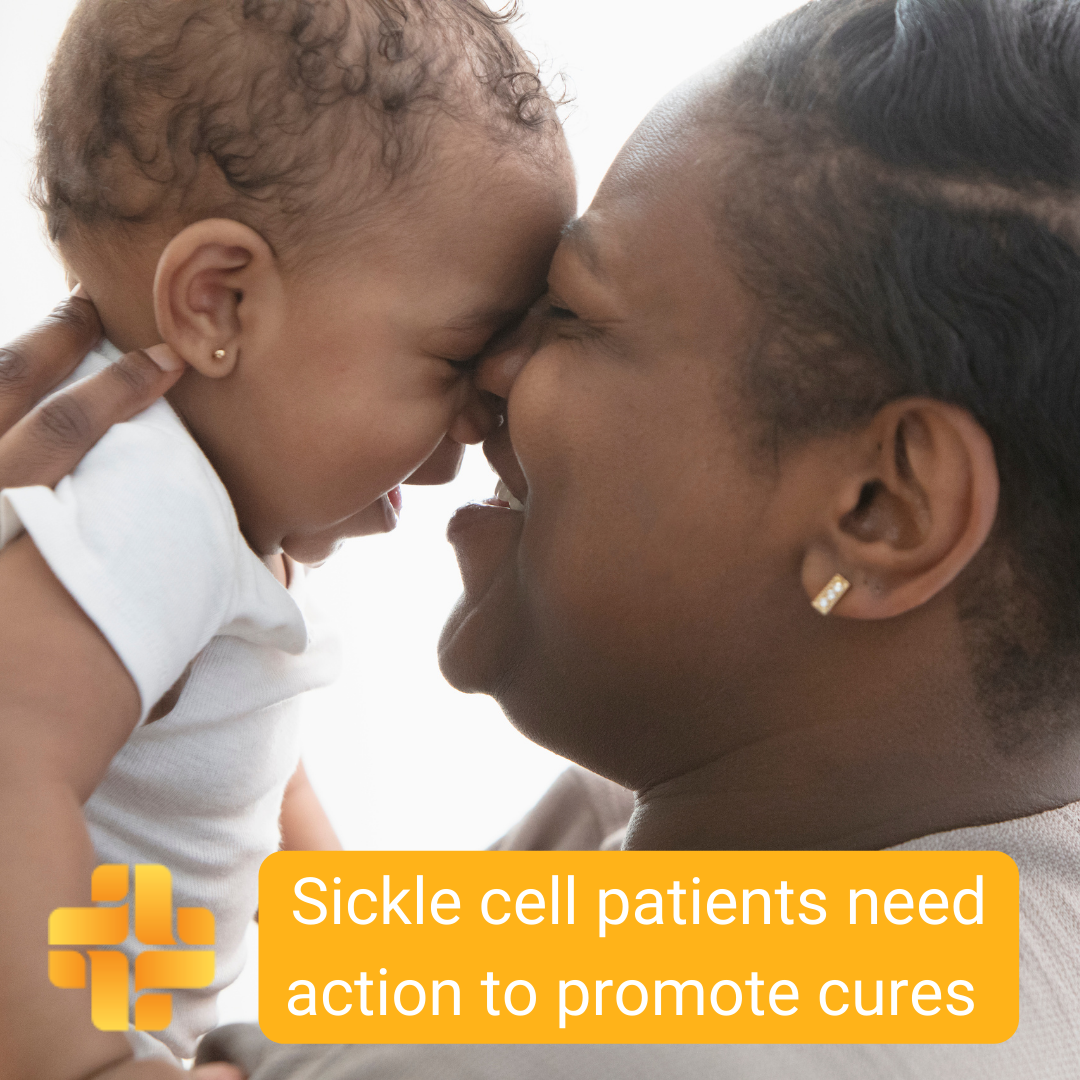Andrae Ivy, MPH | GRAAHI’s Director of Research | February 2023
On January 27th of 2023, the world watched yet again as a Black man named Tyre Nichols was viciously beaten and harassed by a group of police officers in Memphis, TN. The images, words and violence in this video were terrifying to watch, as the officers seemed determined to end this
young man’s life following a routine traffic stop. After being violently punched, kicked and tasered, Mr. Nichols would eventually slump to the ground, blood running down the side of his swollen and distorted face onto the cold pavement. The officers showed no signs of treating Mr. Nichols like a human being before, during or after the attack, as they casually shared excuses and lies to justify their violence. The grotesque injuries Mr. Nichols suffered from the beating can also be viewed, as he laid lifeless in a Memphis hospital room with a face reminiscent of Emmett Till’s. Unfortunately, Mr. Nichols would eventually succumb to his injuries and lose his life three days later. Upon release of the video, five of the officers involved in the incident were fired. That following Monday on January 30th, a sixth officer was fired in connection with the beating. This traumatic event is all too familiar for Blacks or African Americans who are often reminded of their fragile and devalued nature in the face of police officers. Blacks are tired of this state-sanctioned treatment and need tangible protections and anti-hate policies to prevent such attacks from reoccurring.
From Rodney King to Sandra Bland to George Floyd to Breonna Taylor to Tamir Rice to Atatiana Jefferson to Patrick Lyoya and so many others, the deaths of Blacks or African Americans in the presence of police officers are commonalities that plague the hearts and minds of not only the victims and their families, but also those who share a similar phenotype across the many cities and states in this country and across the world. According to Mapping Police Violence, Blacks in America are nearly three times more likely to be killed by police officers compared to whites, resulting in 254 Black deaths in 2022. In addition, this study found that 100 out of 100,000 Black men and boys will be killed by police officers during their lifetime compared to 39 white men and boys. Since Blacks as a whole collectively share the grief and trauma of these deaths, it’s important for Blacks and society to better understand the cumulative effects of these unethical actions on the mental, physical and emotional health of the entire Black population. Several studies have investigated the impact of traumatic events, such as police brutality and racism, on the overall wellbeing of Blacks. One study in 2018, led by Dr. David Williams, found that the killing of an unarmed Black person by a police officer resulted in many days of poor health for Blacks in that state for the next three months. Another study found that Blacks and other non-white groups were more likely to report police victimization, in which that victimization was significantly linked to psychological distress and depression. In a more robust study, researchers found that the constant threat of police violence, the actual acts of police brutality, and the aftermath of these events have a collective and “allostatic load” effect on the mental health of those victimized along with those who identify racially or culturally with said victims. In addition, this study also determined that the effects of police brutality mirror the effects of racism
occurring within many facets of society such as housing, education, employment and health care.
In this interesting study, Black drivers in America were nearly 20% more likely to be stopped by police officers and nearly twice as likely to be searched compared to their white counterparts. When being confronted by police officers, many Blacks run and flee, which is viewed by some as an indicator of guilt. Many Blacks know the history of this country and the unequal treatment with police officers and the justice system, even when no wrongdoing has occurred. In 2016, the Massachusetts (MA) Supreme Judicial Court showed support for this reality regarding a Black man in Boston who was wrongfully profiled during a police investigation. The MA Supreme Court stated, “The finding that Black males in Boston are disproportionately and repeatedly targeted for FIO [Field Interrogation and Observation] encounters suggests a reason for flight totally unrelated to consciousness of guilt. Such an individual, when approached by the police, might just as easily be motivated by the desire to avoid the recurring indignity of being racially profiled as by the desire to hide criminal activity.” This statement by the MA Supreme Court basically means that Black men running from police officers is understandable due to the fact that Black men are more likely to be racially profiled. Their statement also confers that some Black men simply run to escape the indignity of being racially profiled and a potential victim of police brutality, and that this shouldn’t indicate any form of guilt on their part. This is important to note when thinking about Tyre Nichols who decided to run in an attempt to reach his mother’s home, just sixty yards away. Unfortunately, he was unsuccessful.
Typically, police brutality against Blacks usually involves white officers. In Tyre Nichols’ case, the officers involved were mainly Black, indicating that Black officers can also possess and demonstrate hate, bias and prejudice towards Black life. Such behavior is repulsive no matter the person’s background, and justice should be served no matter the officer’s race. This fact reinforces calls to investigate police departments, unions and officers to determine their ability to serve and protect the community without bias, hate and prejudice. If not, more innocent lives will be lost. On another note, these acts of police brutality from some officers stain the image and reputation of all officers, even though this behavior isn’t indicative of all officers. Like many citizens, many police officers also expressed their dismay with the vile behavior displayed by the officers in Mr. Nichols’ case and many other cases of police brutality, showing that all officers can’t be blamed for the actions of some. The Grand Rapids African American Health Institute (GRAAHI) is dedicated to increasing health equity for Blacks or African Americans in the Grand Rapids community. These acts of violence against Black bodies impact our mental and physical health. We are deeply troubled by the death of Tyre Nichols and so many others. Even though these officers were swiftly charged, many systematic changes, such as anti-Black hate policies and protections, are needed to revamp and rebuild the justice system and the consciousness of Americans, so a person’s life isn’t deemed less valuable because of the color of their skin.
We at GRAAHI offer our sincerest thoughts and prayers to the family of Tyre Nichols.




